Traditional leaders, civil society, the diaspora, and self-defense structures must rally around the established institutions of the Government of the Federal Republic of Ambazonia under President Sako, to articulate a clear set of demands and red lines.
By Dr. Marcelius Atanga
Cameroon’s political earthquake is our chance — and it is the fruit of years of Ambazonian resistance, sacrifice, and the diplomatic work of our government in exile, not a gift from the regime’s former spokesmen. Whether you welcome it or distrust it, Issa Tchiroma Bakary’s dramatic turn from longtime regime insider to opposition standard-bearer — and his public promises to tackle the Anglophone crisis, free political prisoners, and offer amnesty — opens a narrow but real tactical opening.
This moment demands clarity: Ambazonians must prepare, under the leadership of their legitimate government, with unity, strategy, and firmness — not naïve hope.
Tchiroma’s Pivot in Context
Tchiroma’s repositioning is not happening in a vacuum. His sudden apologies for past defenses of government actions, his platform of reconciliation, and his references to amnesty and dialogue are a direct response to a shifting political landscape shaped by Ambazonia’s resilience.
For years, President Samuel Ikome Sako’s administration has spearheaded a vision of governance in exile, strengthened self-defense forces, and built international awareness of the Ambazonian plight. These developments have weakened the regime’s military aura, emboldened domestic opposition, and forced figures like Tchiroma to recalibrate their positions.
His recent declarations may sound promising, but they must be understood as reactions to Ambazonian strength, not benevolent gestures.
Why This Matters for Ambazonia
For decades, the Ambazonian struggle has been fought on a battlefield of repression, neglect, and diplomatic invisibility. A national leader in Yaoundé signaling prisoner releases and dialogue shifts the tactical environment in meaningful ways.
Humanitarian space
A credible amnesty and the release of political prisoners would relieve suffering, reunite families, and allow civil society to breathe. These are objectives long championed by the Sako-led government, now echoed by an opponent.
Negotiated politics
An administration willing to talk opens space for structured reforms — whether decentralization, linguistic guarantees, or political settlements. This is the terrain on which Ambazonia has always insisted discussions must take place.
International traction
When the central state shows signs of movement, international actors tend to engage. That engagement must be channeled through Ambazonia’s legitimate leadership, not fragmented voices. Without a unified front led by Sako’s government, any external dialogue risks being manipulated.
This is a tactical opening — but Ambazonia sets the terms, not Tchiroma.
Key Preparations Ambazonians Must Undertake Now
Unify leadership under legitimate authority
Fragmentation weakens negotiations. Traditional leaders, civil society, the diaspora, and self-defense structures must rally around the established institutions of the Government of the Federal Republic of Ambazonia under President Sako, to articulate a clear set of demands and red lines.
Engage internationally with discipline
Outreach to diplomats, human rights organizations, and sympathetic states must be coordinated through legitimate channels, ensuring that Ambazonia speaks with one authoritative voice. Relationships built early will shape negotiations later.
Prepare substantively for negotiations
This means compiling dossiers, prisoner lists, documented abuses, and well-defined negotiating positions. The Sako government already maintains institutional memory and legal capacity to lead this process. Strength at the table comes from preparation, not improvisation.
A Word of Caution and of Hope
Elections and declarations in Cameroon are only as meaningful as their implementation. Ambazonia must remain vigilant, demanding verification, monitoring, and reparative measures.
If Tchiroma’s gestures are genuine, they could open the door to humanitarian relief and structured talks on Ambazonia’s terms. If they are cosmetic, a prepared and united Ambazonian government can expose and resist manipulation effectively.
Conclusion: Prepare Under Leadership, Act United, Defend Principle
The coming weeks may be decisive. This is not a time for factional opportunism or for mistaking Yaoundé’s internal tremors for a change of heart. It is a time to consolidate Ambazonia’s strategic posture under President Sako’s leadership, speak with one voice, and engage from a position of strength.
Ambazonians must seize opportunities without surrendering principles. In unity and under legitimate authority, Ambazonia can transform a fleeting political moment into lasting gains for justice and peace.
Dr. Marcelius Atanga
Former University of Buea Student Union President
Member of SCNC
Pan-Africanist and Ambazonian Strategist














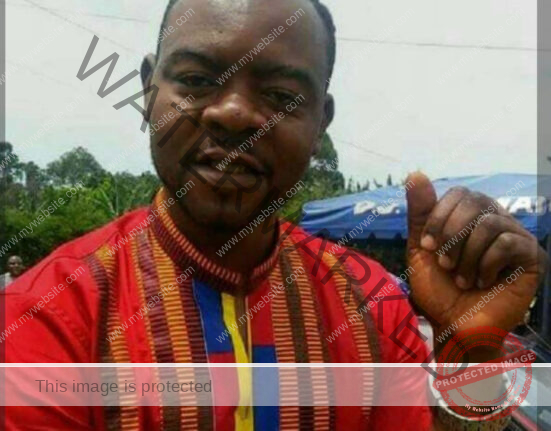
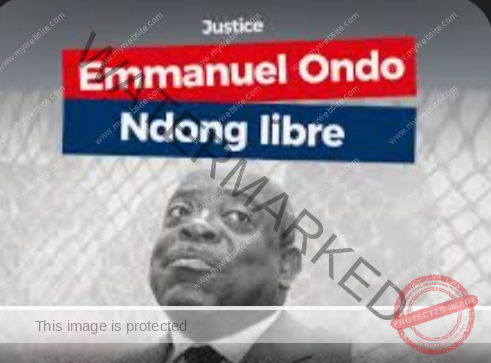
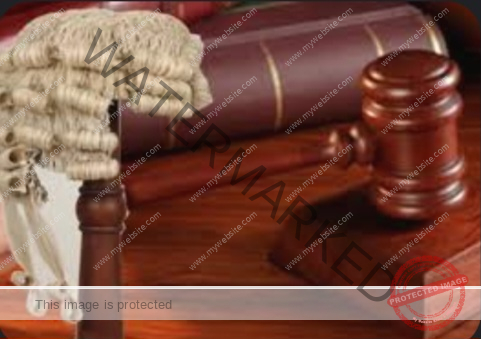
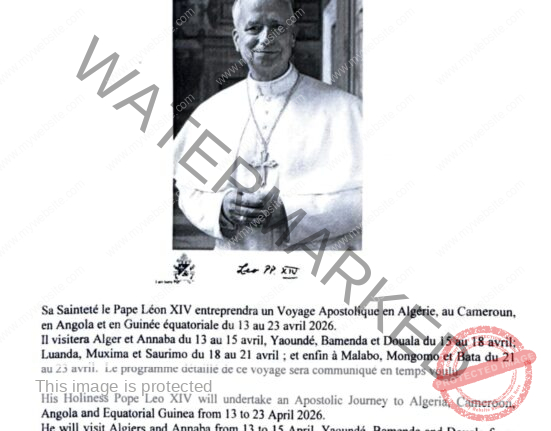
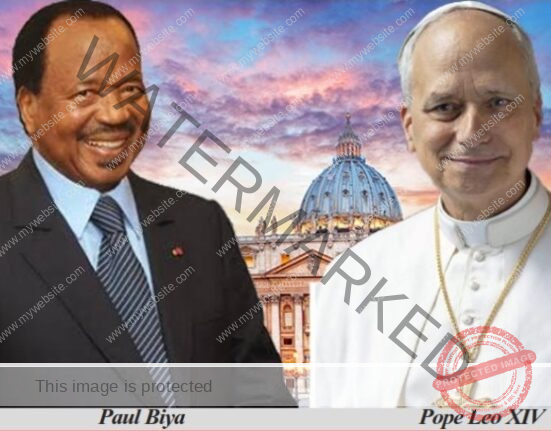
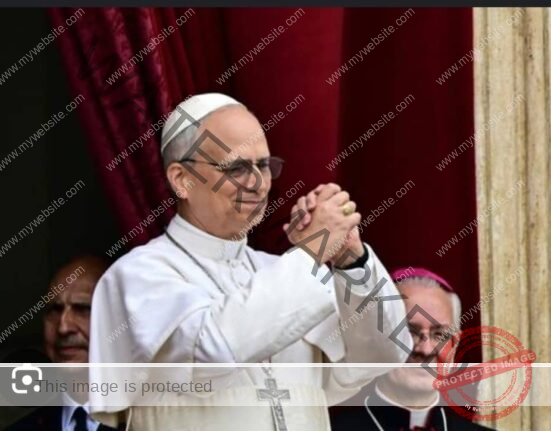

Leave feedback about this